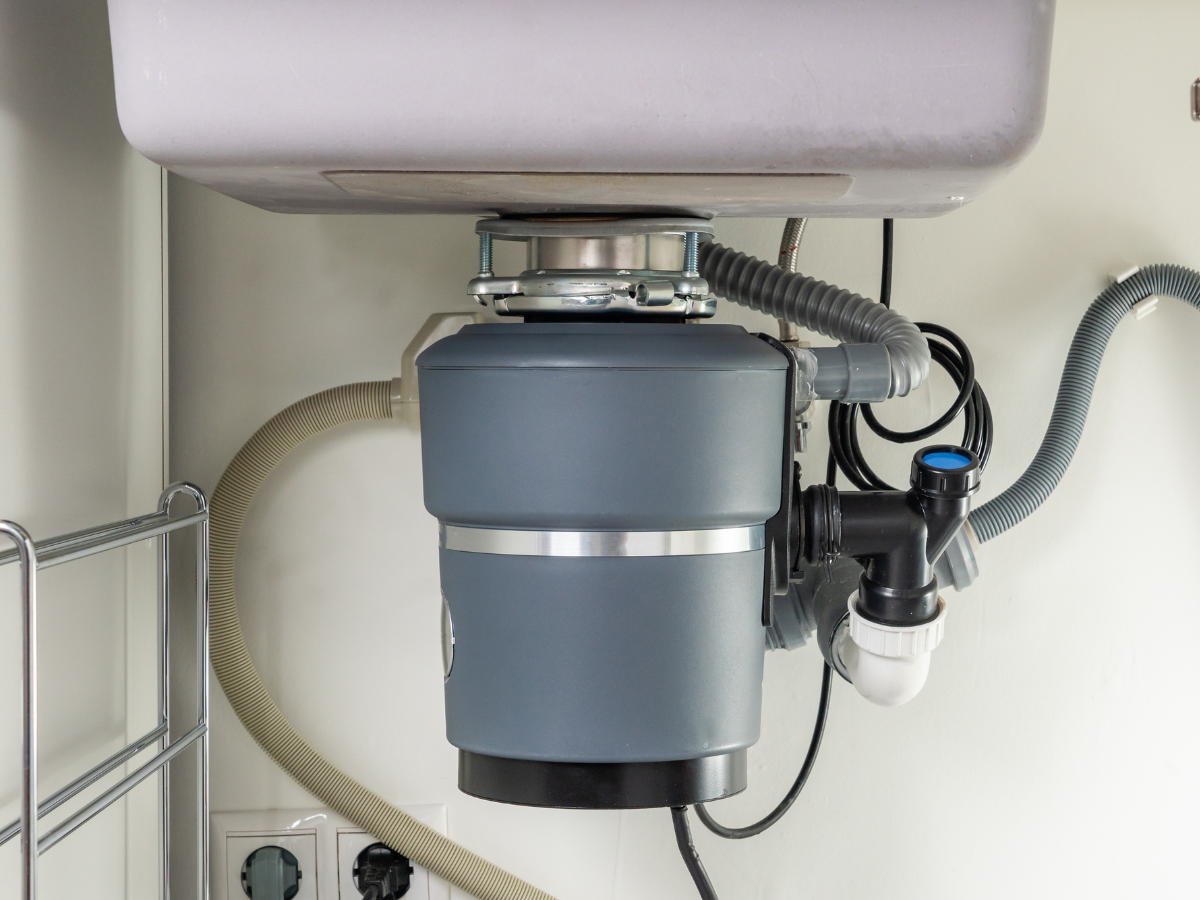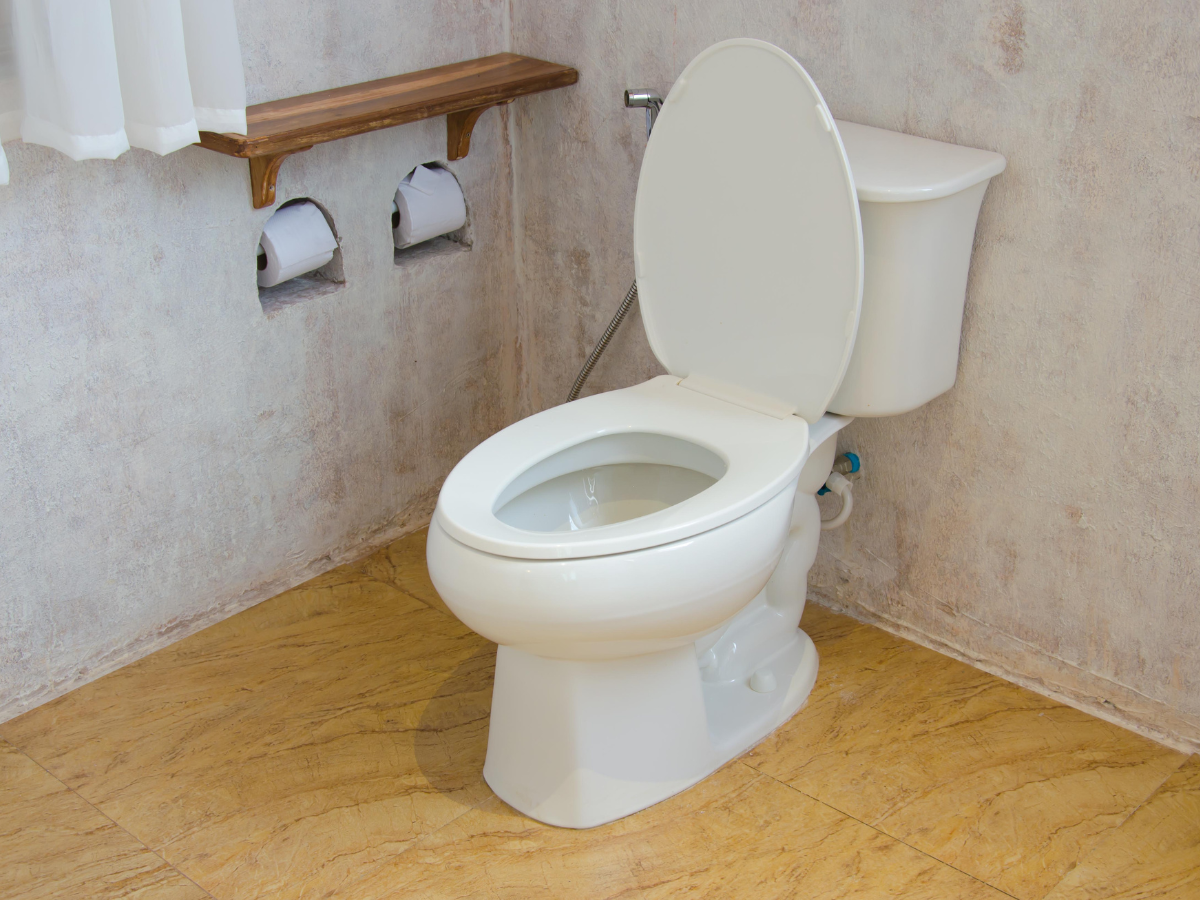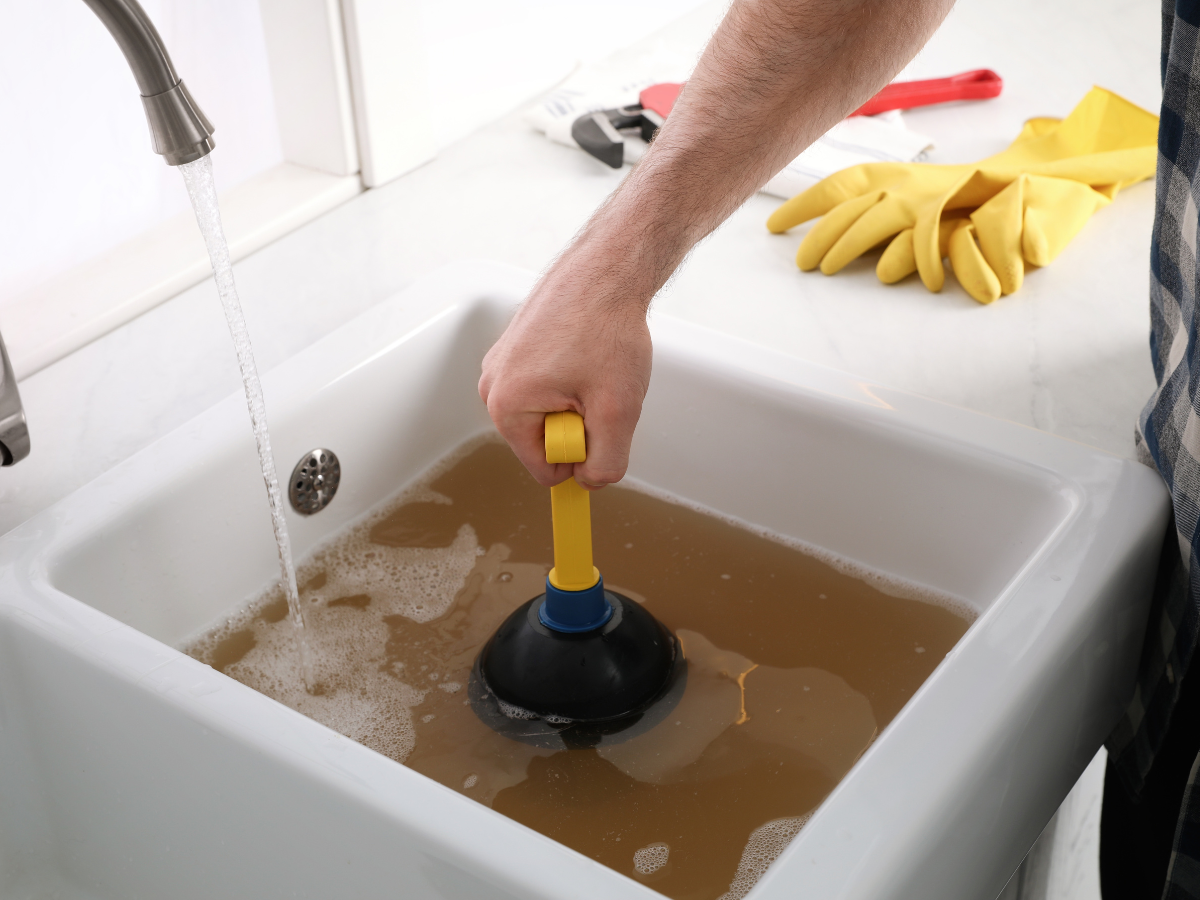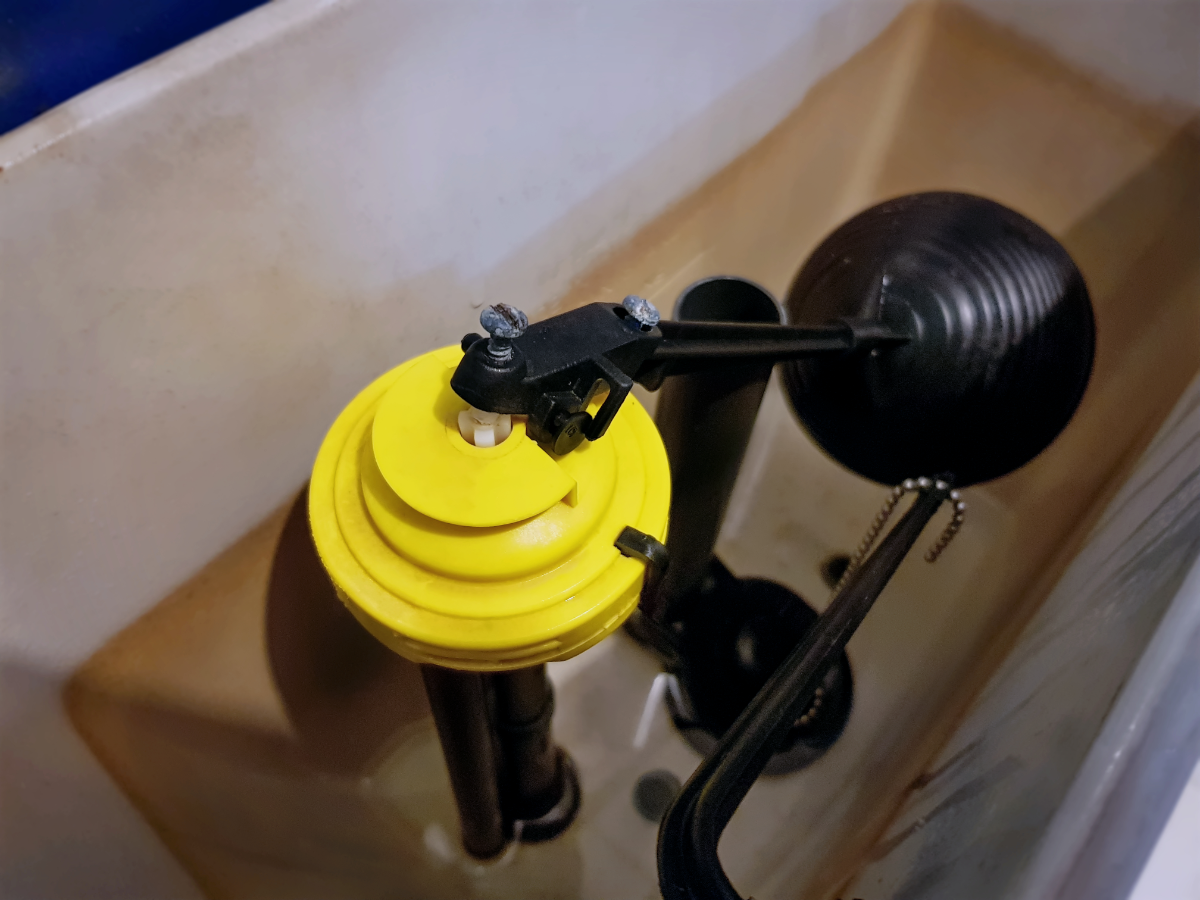Sewer Smell In House: Causes & Remedies
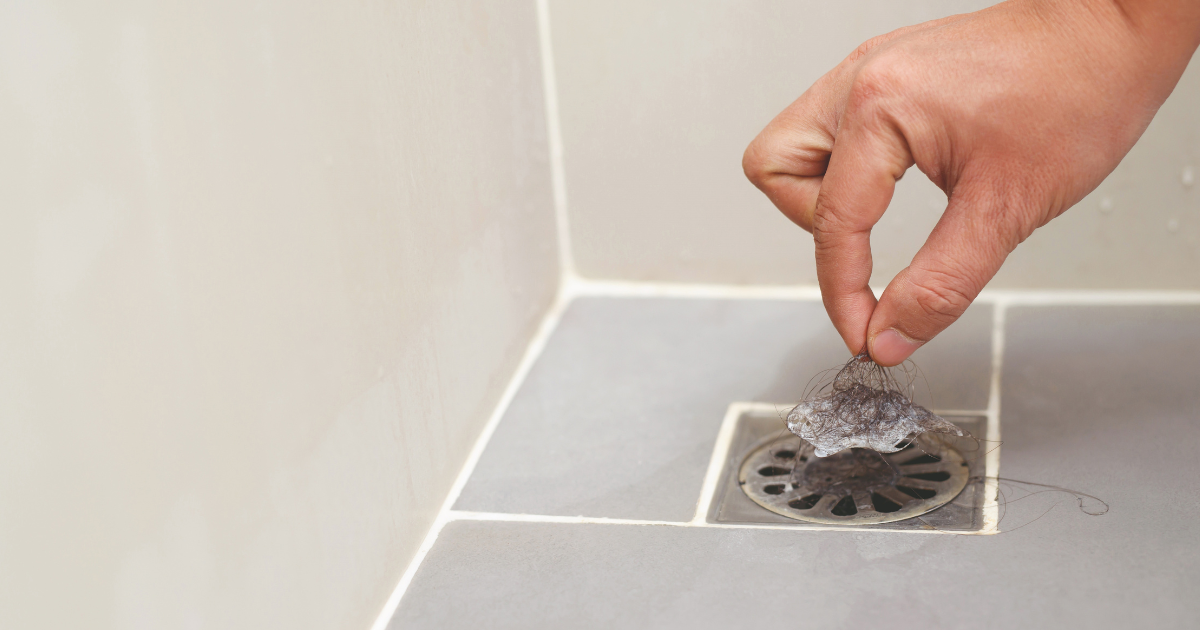
Have you ever walked into your house only to be greeted by an unpleasant sewer-like odor? Not exactly a welcome home treat, right? This standard (yet often overlooked) issue can turn your safe haven into a no-go zone.
Understanding the causes and remedies of this sewer smell can help you reclaim the comfort of your home and avert potential health risks.
So, buckle up as our team at Full Speed Plumbing dives into the typical culprits behind this annoying problem and explores effective solutions to get your home smelling fresh and clean again.
Sewer Gas and Its Characteristics
Sewer gas, a complex blend of toxic and non-toxic gasses, might be the unseen culprit behind the foul odor in your house. It’s produced through the decay of household and industrial waste. Annoying to the nose, it’s primarily composed of three main compounds: Hydrogen Sulfide, Methane, and Ammonia.
- Hydrogen Sulfide causes the distinct rotten egg smell associated with sewer gas. It’s formed by bacterial breakdown of organic matter and is typically found in sewage and manure.
- Methane, a colorless and odorless gas, is produced through the anaerobic decay of organic matter. Although not directly responsible for the smell, its high flammability makes it a safety concern.
- Ammonia adds to the pungent smell of sewer gas. It is a product of protein decomposition in waste materials, also contributing to the overall stench.
The distinct odor of sewer gas is often associated with the presence of these gasses and can be quite unpleasant. It’s a mix of the rotten egg smell from Hydrogen Sulfide, the sharp, pungent odor from Ammonia, and mixed with other compounds. This blend creates an overwhelmingly unwelcoming aroma in your home.
Common Causes of Sewer Gas Smells in Houses
If any aspect of your home, including your basement, smells like sewer gas, the issue is likely due to one of the following causes:
- Dry Drain Traps: One prime suspect behind the sewer gas smell could be dry drain traps. These traps contain a small amount of water to form a seal, preventing sewer gasses from entering your home. However, if a fixture is infrequently used, the water can evaporate, letting the sewer gas escape into your home.
- Damaged or Disconnected Vent Pipes: Vent pipes direct the sewer gas out of your home. Any damage or disconnection in these pipes can cause the gasses to leak, contributing to the unpleasant smell.
- Sewer Line Blockages: Blockages in the sewer line can also cause sewer gas to backflow into the house. This usually happens when blockages prevent the sewer line from adequately draining, causing gasses to find an alternative route – your home.
- Faulty Plumbing Fixtures: Poorly fitted, aged, or faulty plumbing fixtures can allow sewer gas to seep into your home. Even tiny cracks or gaps can become a pathway for these gasses, creating an unpleasant aroma.
- Poor Sewer System Design: Lastly, a poorly designed sewer system could also be to blame. If the system is not designed to vent sewer gasses adequately or lacks necessary traps, these odors can infiltrate your living space, turning it into an unwelcome haven for these smells.
Tips to Eliminate Sewer Smell in Your Home
Getting rid of a persistent sewer smell may seem daunting, but here are some effective strategies you can employ:
- Regular Plumbing Maintenance: Establish a routine of regular plumbing maintenance. Inspecting drain traps, vent pipes, and other plumbing fixtures regularly can prevent leaks or blockages that may cause sewer gas odors. Remember, prevention is often easier and cheaper than a cure.
- Ensuring Proper Ventilation: A well-ventilated home can significantly reduce sewer gas concentration to negligible levels. Ensure your sewer system is adequately vented, and keep windows open when possible to allow fresh air circulation.
- DIY Remedies: Simple home remedies can often solve minor issues. For instance, pouring water down dry drains can restore the water seal and keep sewer gasses at bay. Additionally, a mix of baking soda and vinegar can unblock minor drain clogs, preventing sewer gas backflow.
- Professional Assistance: If the sewer smell persists despite your best efforts, don’t hesitate to seek professional help. A qualified plumber can accurately diagnose the source of the problem and rectify it, ensuring your home returns to its former freshness.
Remember, a fresh-smelling home isn’t just enjoyable; it’s a fundamental aspect of a healthy living environment. By following these tips, you can effectively combat sewer smells and maintain the pleasant ambiance of your home.
What Are the Health Risks Associated with Sewer Gas Smells?
Exposure to sewer gas can pose several health risks, ranging from minor discomfort to serious conditions. Here are some potential health hazards:
- Irritation and Discomfort: Prolonged exposure to sewer gas can cause eye, nose, and throat irritation, leading to discomfort.
- Headaches and Dizziness: The presence of Hydrogen Sulfide and Ammonia can trigger headaches and dizziness. These symptoms often dissipate once you move to a well-ventilated area.
- Respiratory Issues: In severe cases, sewer gas can cause respiratory problems. Hydrogen Sulfide can impair lung function, leading to difficulty breathing, especially in people with pre-existing conditions like asthma.
- Fire and Explosion Risk: Methane, a primary component of sewer gas, is highly flammable. If it builds up in a confined area, it could pose a significant risk of fire or explosion.
- Neurological Problems: Chronic exposure to high concentrations of sewer gas can lead to more severe health problems. For instance, Hydrogen Sulfide in high amounts can cause neurological issues, including memory loss and reduced motor function.
- Fatigue and Nausea: Long-term exposure to sewer gas can also cause symptoms like fatigue, loss of appetite, or nausea. These symptoms are usually linked to the unpleasant smell rather than any specific toxic effect of the gasses.
Always remember that if you consistently detect a sewer gas smell in your home, it’s crucial to address the issue promptly to minimize these potential health risks. If symptoms persist, seek immediate medical attention.
Sewer Smell In House: Causes & Remedies — Conclusion
In conclusion, sewer gas smells in the home are more than just a nuisance. They pose potential health risks and can significantly impact the quality of life in your living space. Therefore, it’s essential to tackle these odors promptly and effectively.
At Full Speed Plumbing, we’re committed to ensuring your home is a safe and pleasant environment. Whether you need routine maintenance, a comprehensive plumbing check, or immediate assistance, our team of experienced professionals is ready to help. Don’t let sewer gas odors disrupt your peace of mind.
Contact us today and breathe easy once again.

